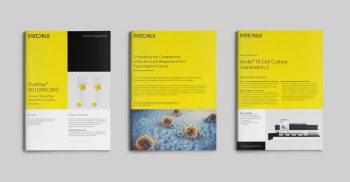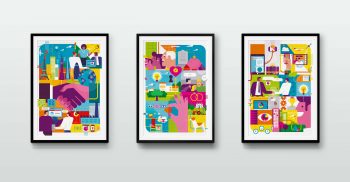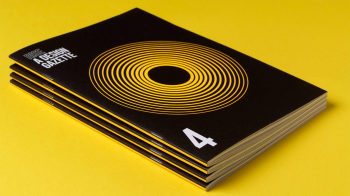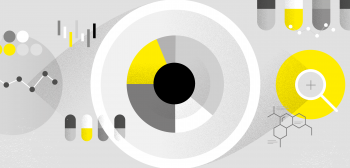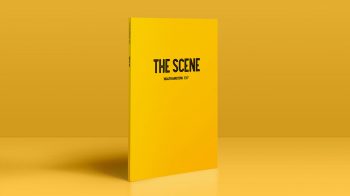When your best isn’t good enough.
IIf you like the way we think click to say hello:
07712 270 198 / adrian@adriansableandhawkes.co.uk
The way to create a brand of lasting resonance and value is a three stage process.
1) get to the bottom of why what you do matters to people, and then …
2) determine how it differs from your competition, and finally …
3) why is what you do better?
If we are asked to create, evolve or extend a brand I find many clients stumble when attempting to respond to these kinds of questions when in fact they are the questions that should invite no pauses in client meetings, no awkward silences in ‘elevators’.
And when we go searching for answers we often find them and their marketing guardians hanging out in marketing theory and getting hung up on defining USPs and product attributes, or skulking in Powerpoint with unsubstantiated and unproven platitudes. “We are the best”, “we provide the No.1 service”, or “we have the most rated technology” are often the most common answers I hear – what is rarer is an answer that begins with one of those phrases, but continues with “Because for our clients …”.
And pardon my marketing speak but so what if you do have the best – I bet you’re not the best at everything. The best technologies are often only adopted if the timing of the market entry or the cultural wind is blowing in the right direction. And are highly unlikely to be the cheapest. The best service only matters if the product being offered also has value. The often self proclaimed title of ‘the best’ is nuanced and fleeting. If it is the best, what is more relevant to ask is what makes it relevantly so and how best can we get that across in a quick, simple and relevant way to the clients?
Rather than broadly answering what makes them ‘the best’, clients are always better served by determining what specific aspects about their offering are meaningful to a particular audience. By all means have a general awareness and knowledge of the market, but align it with a particular and narrow focus on the what your buyers actually want to buy. .
Ask yourself how many of the companies you feel passionate about, the ones you would actually care about if they weren’t there, talk to you in generalities and broad strokes, rather than personally, in specifics? Large companies with huge audiences like Coke, Adidas or Apple for example have that way of focussing their messaging – of creating the sense that they understand you, that they want to please you, that they are talking to you, while applying it on a global scale, in a globally consistent way.
The point is that no brand can connect with everyone, and no company has an offering that is best for all. By narrowing the focus and speaking directly to a set of specific needs, emotional or practical, motivations, experience, and expectations, you can truthfully become the best choice. Because ultimately and quite simply the best of any product or service is the one most relevant, useful and engaged with the lives and needs of your customers.


